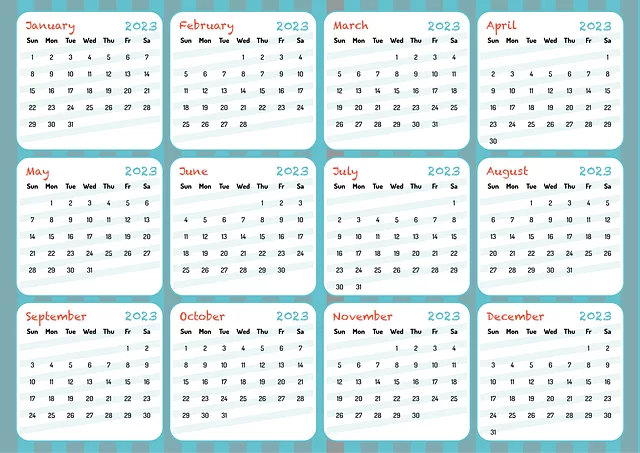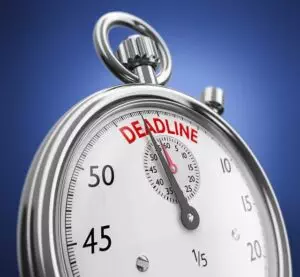TL;DR:
Successful Event Planning for Local Businesses hinges on understanding target communities through research (demographics, interests, local issues) using tools like surveys, focus groups, and social media. The goal is to create relevant, engaging events fostering community connections. Key strategic elements include interactive activities, unique venue & sponsorship opportunities, and expert insights via workshops or talks. Effective promotion and meticulous logistics, leveraging marketing channels & word-of-mouth, secure accessible venues, detailed schedules, and well-trained staff ensure event success, benefiting both the community and local businesses.
Community outreach events are a powerful tool for local businesses to connect with their target audience. This article guides you through the process of planning impactful events, from understanding your community’s needs and interests to designing engaging experiences that resonate. We’ll explore effective promotion strategies and essential logistics for ensuring success in event planning for local businesses.
- Understanding Your Target Community
- Designing Engaging Event Experiences
- Effective Promotion and Logistics for Success
Understanding Your Target Community

Understanding your target community is a crucial step in successful event planning, especially for local businesses looking to engage and grow within their area. It involves delving into the demographics, interests, and needs of the people who will be attending or affected by the event. By conducting thorough research, business owners can tailor their outreach events to resonate with the community on a deeper level. This might include identifying cultural preferences, age groups, hobbies, and local issues that require attention.
Event planners should consider using surveys, focus groups, social media listening, and partnerships with community leaders or existing organizations to gather insights. Such efforts enable them to create relevant, engaging activities that foster connections between the business and its neighbors. For instance, a local bakery might organize a baking workshop for kids, while an eco-conscious retailer could host a recycling awareness event, demonstrating their commitment to the community’s well-being.
Designing Engaging Event Experiences

When designing engaging event experiences, especially for community outreach events, it’s crucial to consider the local business landscape and what will resonate with diverse audiences. Event planning goes beyond just scheduling and logistics; it involves creating memorable moments that foster connections within the community. Incorporating interactive activities tailored to different interests ensures wider participation, making the event inclusive and enjoyable for all. Local businesses can play a pivotal role in this by offering unique spaces or resources, sponsoring activities, or providing expert insights, enhancing the overall event experience.
For effective event planning, local business owners should think creatively about how their involvement can add value. This could mean setting up workshops, hosting demonstrations, or sharing their industry knowledge through talks and panel discussions. By engaging in community outreach events, local businesses not only contribute to the social fabric of their area but also have a platform to showcase their expertise and build brand loyalty among attendees.
Effective Promotion and Logistics for Success

Effective promotion and well-organized logistics are key components to ensuring the success of community outreach events planned by local businesses. When crafting your event strategy, consider leveraging various marketing channels like social media, email newsletters, and local press releases to create buzz and attract a diverse crowd. Utilize targeted advertising to reach specific demographics, and don’t underestimate the power of word-of-mouth; encourage attendees to spread the news within their networks.
Logistically, meticulous planning is essential. Secure suitable venues that align with your event’s scale and theme, ensuring they’re easily accessible for all participants. Create detailed schedules, considering time slots for activities, speeches, performances, and networking opportunities. Efficient communication is vital; provide clear instructions on registration, parking, and any special requirements for the venue. A well-coordinated event staff will also contribute to overall success, so ensure they’re adequately trained and equipped to handle various scenarios.
Community outreach events are a powerful tool for local businesses to foster connections, understand their target audience, and build a stronger local presence. By following best practices in event planning, including understanding your community, designing engaging experiences, and utilizing effective promotion and logistics, businesses can create memorable gatherings that drive success. Integrating these strategies into your event planning for local businesses will help you navigate the process smoothly and achieve meaningful outcomes.
